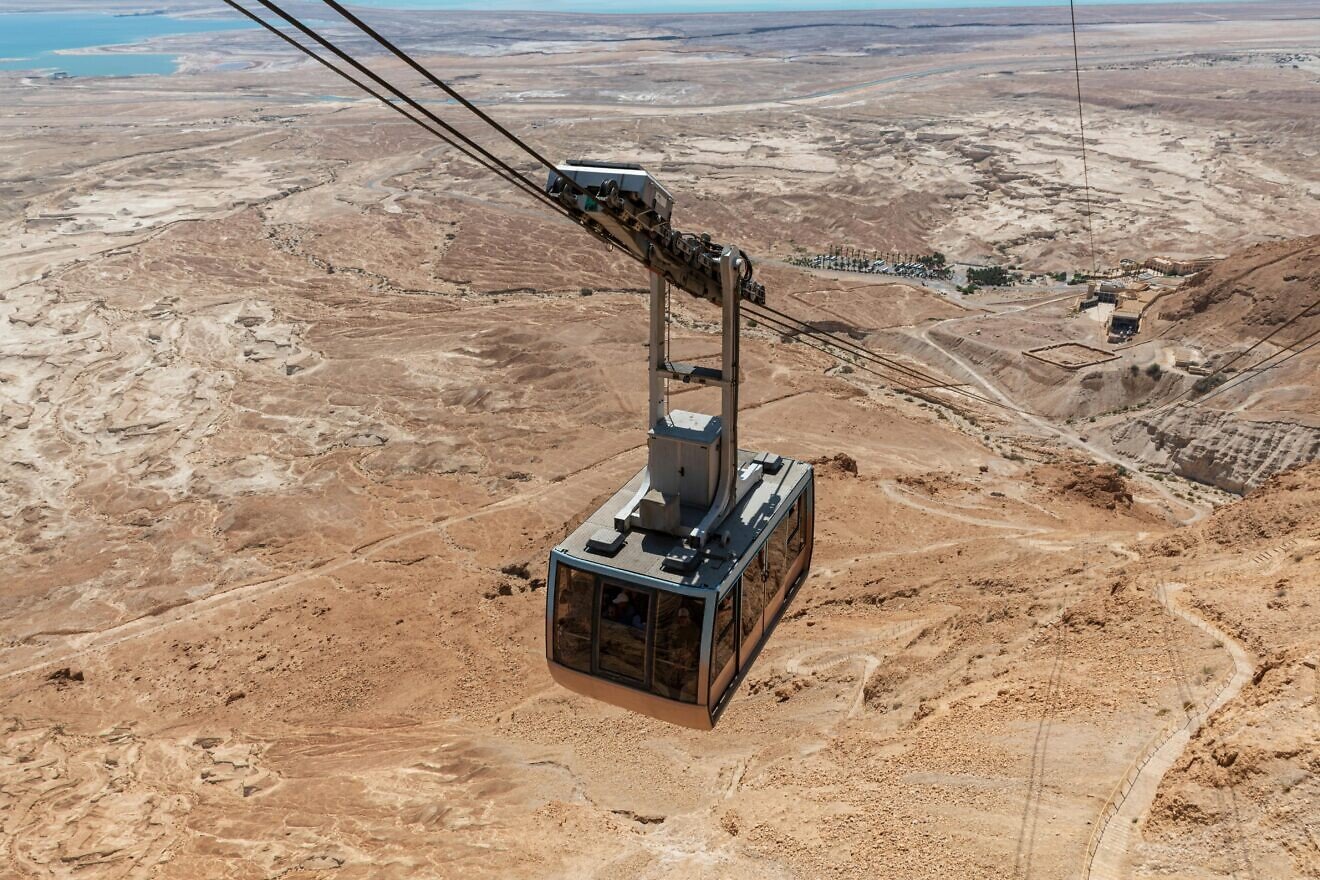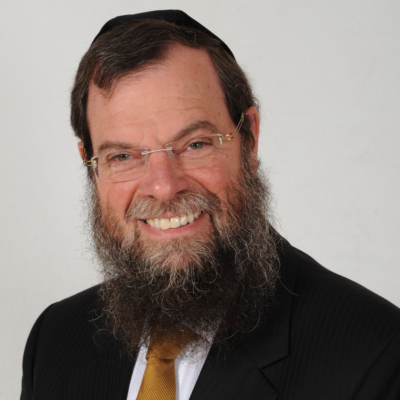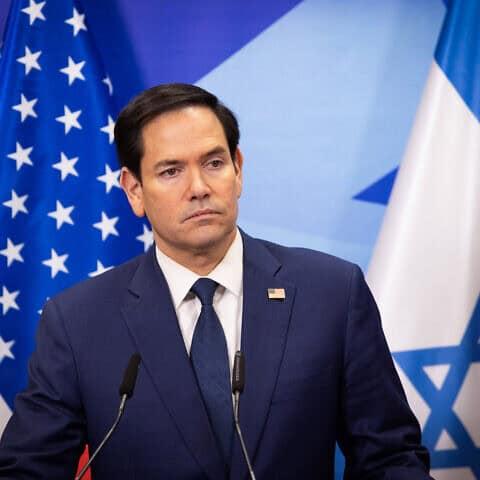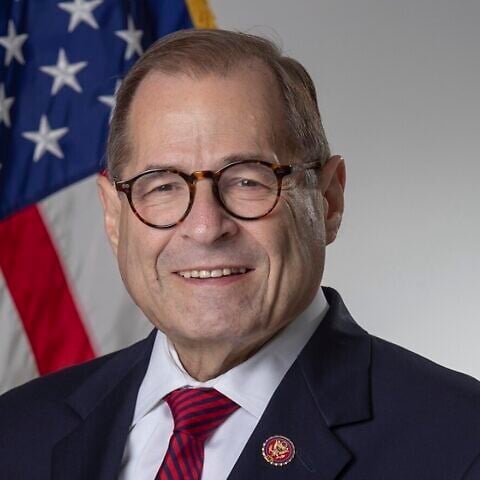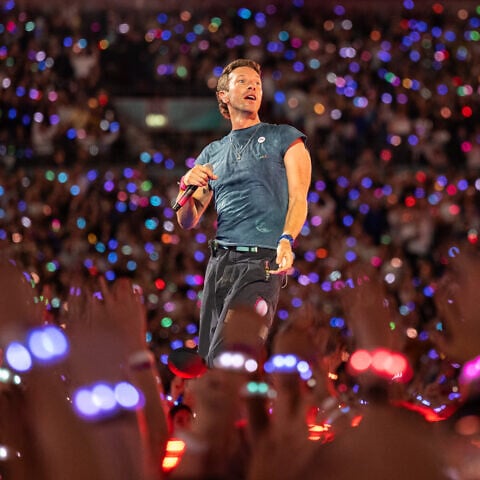Never again!
A tedious cliché or a confident declaration?
Who coined the slogan, “Never again”?
Apparently, it goes back to a 1927 poem about Masada, “Never again shall Masada fall.” It was later used by liberated Jewish prisoners of the Buchenwald death camp to denounce fascism. Then, in the late 1960s, it became much more popular with the founding of the Jewish Defense League (JDL) and its use as the title of a book by its controversial founder, Rabbi Meir Kahane, in 1971.
One could argue, however, that it goes back to the very beginnings of Jewish history. This week’s Torah reading in Ki Teitzei ends with the commandment Zachor! (“Remember!”)
“Remember what Amalek did to you on your journey out of Egypt; how they surprised you on the road and struck those at the rear … when you were faint and weary. … Erase any memory of Amalek and never forget!”
We are commanded to forever remember how the warrior nation Amalek attacked us for no reason whatsoever. We were minding our own business, we weren’t threatening the Amalekites or their territory, and they ambushed us in a completely unprovoked attack.
There’s been no shortage of murderous antisemites seeking to destroy us “in every generation.” But because of their wanton treachery Amalek has become a pseudonym for any arch enemy of Israel throughout the ages. Though they had no biological or historical connection to Amalek, the Nazis were referred to by the Jews of the Holocaust period as the “Amalekites.”
A recent sermon by a colleague in Johannesburg, Rabbi Nesanel Schochet, noted a fairly new expression called “donor fatigue,” which refers to the many demands made on people of means to support a growing number of institutions and causes. The verse in our reading this week speaks about “spiritual fatigue.” Amalek attacked us when we were “faint and weary.”
When we suffer from religious fatigue—when we are tired and uninspired—that’s when we are most vulnerable to the Amalek within us. Yes, believe it or not, there is a little Amalek inside each of us. That voice of negativity, that compulsion to evil and wrongdoing and the denial of our inherent faith are all symptoms of Amalek in a more subtle, mystical sense. When we are “faint and weary” spiritually, that’s precisely when we are most susceptible to the blandishments of those Amalekite tendencies.
I’ve often argued that the biggest threat to Jewish survival lies not in our enemies’ never-ending wars to wipe us out, but in our own internal moral weakness—lack of faith, unity, commitment and resolve. It can almost be summed up in one word: apathy.
Some years ago, we hosted for Shabbat a group of young Jews from Vilna (Vilnius) in Lithuania who were generously gifted a vacation in South Africa. At the Kiddush after the Shabbat-morning service, David, a young man of about 18 years old, spoke on behalf of the group. Among other things, he said, quite matter of factly: “Last year when I had my brit … ,”
I promise, you could hear an audible gasp from the hundreds of men in the audience. Here was a young man who was only circumcised at age 17. Today, there are thousands of such Jews all over the Former Soviet Union who are happily agreeing to undergo this sensitive surgical procedure at all ages, including many who are much older than a late teen. Most have only just discovered their Jewishness and the traditions involved in being a Jew. (For myself, and probably all of my male readers, I can only say thank God my parents gave me a Brit in my infancy.)
David was inspired to have a brit milah. He was not “faint and weary.” He was alive and on fire, enthusiastically embracing his faith and the Jewish rite of passage. When we are vibrant like that—passionate about our faith, history and peoplehood—no enemy on earth can harm us.
I remember hearing a speech by Ronald S. Lauder, president of the World Jewish Congress, on a visit to our community some years back. He was responding to people who complained about Israel’s ineffective public relations on the international stage and in the media.
His response? “We’ve been failing in our public relations for 3,000 years!” And we’re still here to tell the tale.
We cannot, however, afford to be “faint and weary.” Apathy and indifference to the Jewish cause, especially among young Diaspora Jews, endangers our survival more than Hamas, Hezbollah or the Houthis.
When we ourselves will be alive, awake and passionate about our national destiny then can we truly and proudly proclaim with confidence, “Never Again!”
